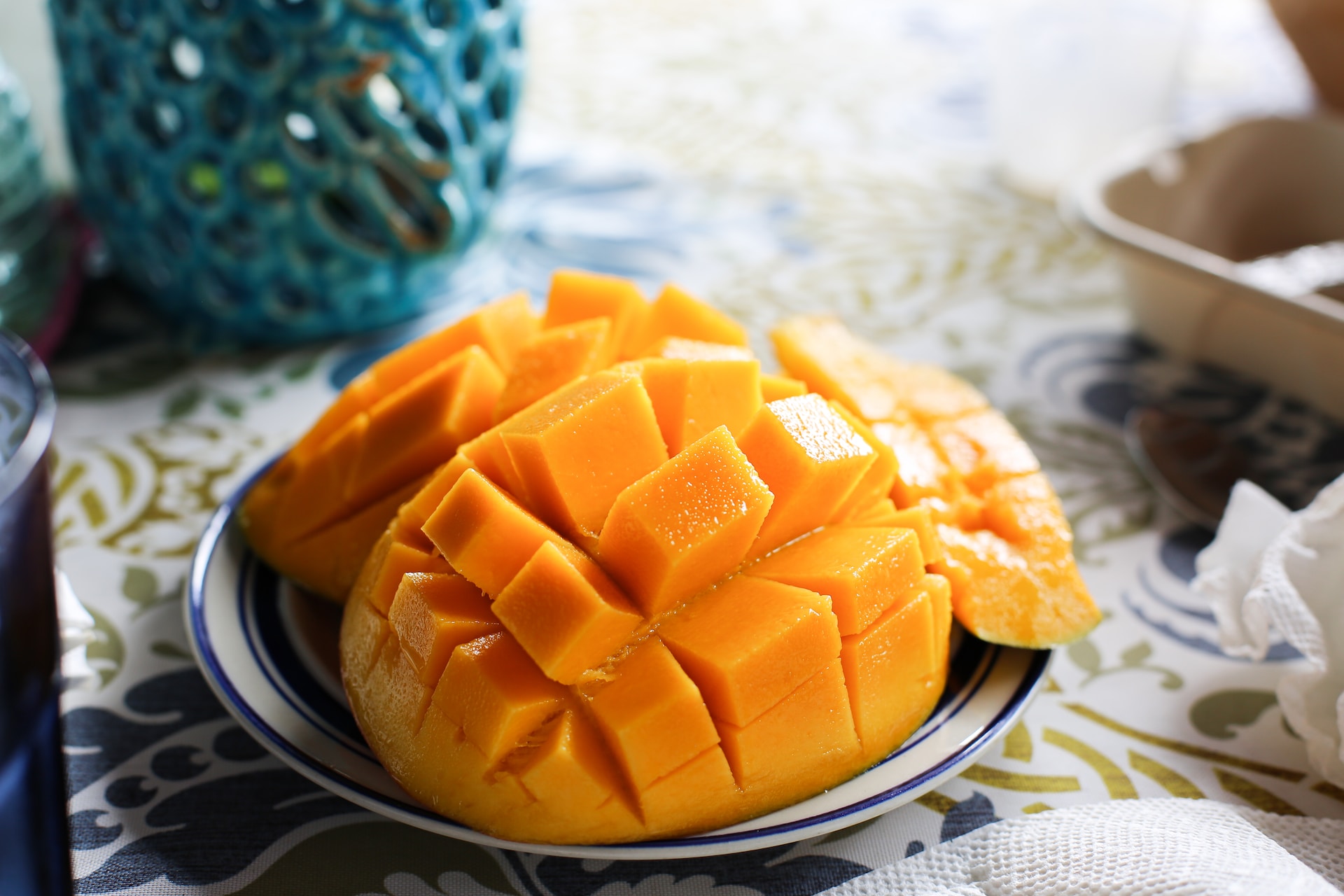
Mangoes are not only one of the most delicious and refreshing fruits, but they are also packed with numerous health benefits. Whether you enjoy them freshly sliced, blended into smoothies, or incorporated into savory dishes, mangoes are a tropical treat that is loved by people all over the world. In this article, we will explore 13 fascinating facts about mangoes that will leave you craving this juicy fruit even more. From its rich history to its nutritional value, and from its various varieties to its cultivation process, there is so much to learn and appreciate about the mango. So sit back, relax, and prepare to discover some interesting insights about this tropical delight.
Key Takeaways:
- Mangoes are packed with vitamins, minerals, and antioxidants, making them a healthy and delicious snack. They can improve digestion, boost the immune system, and promote eye health.
- Mango trees not only produce tasty fruit but also help the environment by preventing soil erosion, generating oxygen, and providing shade. They are like nature’s superheroes!
Origin and Name
Mangoes are native to South Asia and have been cultivated for over 4,000 years. The name “mango” is derived from the Tamil word “mangai.”
Variety
There are over 1,000 different varieties of mangoes around the world, each with its unique taste, color, and size.
Nutritional Benefits
Mangoes are packed with vitamins, minerals, and antioxidants. They are a rich source of vitamin C, vitamin A, and dietary fiber.
Mango as the National Fruit
Mango is the national fruit of India, Pakistan, and the Philippines, symbolizing abundance and prosperity.
Mango Cultivation
Mango trees can grow up to 100 feet in height and produce fruit for over a century. They require a tropical climate to thrive.
Mango Varieties in India
India is the largest producer of mangoes, with over 1,000 varieties grown in different regions. Some popular Indian mango varieties include Alphonso, Kesar, and Langra.
Mango and Mango Butter
Mango butter, extracted from mango seeds, is a natural emollient used in skincare products for its moisturizing properties.
Mango Festival
Several countries celebrate mango festivals to showcase the diversity of mango varieties and promote mango-based products and delicacies.
Mango and Culinary Uses
Mangoes are versatile fruits used in various culinary creations. They can be enjoyed fresh, blended into smoothies, added to salads, or used in desserts.
Mango and Folklore
In Indian folklore, it is believed that mango trees can grant wishes, and the fruits symbolize love, fertility, and prosperity.
Mango Tree and Environmental Benefits
Mango trees help in preventing soil erosion, generate oxygen, and provide shade, contributing to a healthier environment.
Mango and Health Benefits
Eating mangoes is associated with various health benefits, including improved digestion, boosting the immune system, and promoting eye health.
Mango and Symbolism
Mangoes have cultural and religious significance in many countries. They are often associated with happiness, love, and celebration.
Conclusion
In conclusion, mangoes are not only delicious, but they also have numerous health benefits. They are rich in vitamins, minerals, and antioxidants, which can help boost immune function, improve digestion, and support heart health. Mangoes are also versatile and can be enjoyed in various forms, such as fresh, frozen, or in smoothies. Whether you want to satisfy your sweet tooth or reap the nutritional benefits, adding mangoes to your diet is a great choice. So, next time you bite into a juicy mango, remember these fascinating facts and enjoy all the goodness it has to offer.
FAQs
Q: How many varieties of mangoes are there?
A: There are over 1,000 different varieties of mangoes, with varying tastes, textures, and colors. The most common varieties include Alphonso, Kent, Tommy Atkins, and Keitt.
Q: Are mangoes good for weight loss?
A: Mangoes are relatively low in calories and high in fiber, making them a good choice for weight loss. However, it’s important to moderate portion sizes as they do contain natural sugars.
Q: Can mangoes improve digestion?
A: Yes, mangoes are rich in dietary fiber, which aids in digestion and helps prevent constipation. They also contain enzymes that assist in breaking down proteins, promoting efficient digestion.
Q: Are mangoes safe for individuals with diabetes?
A: While mangoes do contain natural sugars, they can still be enjoyed by individuals with diabetes in moderation. It’s best to consult with a healthcare professional or registered dietitian for personalized advice.
Q: Can mangoes boost the immune system?
A: Mangoes are an excellent source of vitamin C, which plays a crucial role in supporting the immune system. Including mangoes in your diet can help strengthen your body’s natural defense mechanisms.
Mangoes' incredible versatility extends beyond just yellow varieties. Craving more mango knowledge? Explore green mango nutrition facts for a tart twist on this beloved fruit. Red mangoes offer unique nutritional benefits worth discovering. Mango carts bring tropical delights to city streets, and understanding their nutritional value is essential for any mango enthusiast.
Was this page helpful?
Our commitment to delivering trustworthy and engaging content is at the heart of what we do. Each fact on our site is contributed by real users like you, bringing a wealth of diverse insights and information. To ensure the highest standards of accuracy and reliability, our dedicated editors meticulously review each submission. This process guarantees that the facts we share are not only fascinating but also credible. Trust in our commitment to quality and authenticity as you explore and learn with us.
